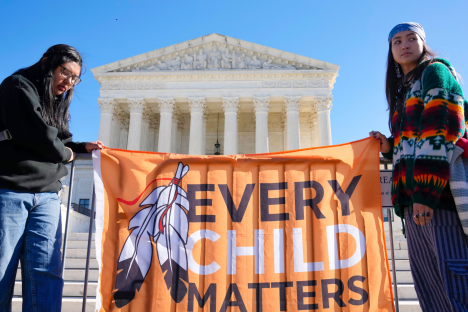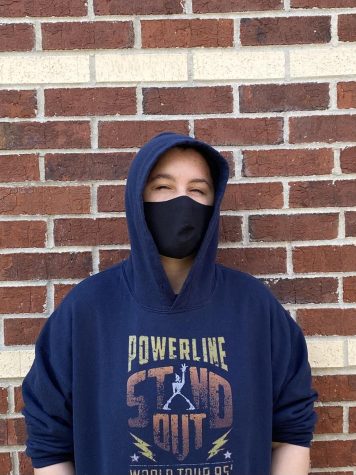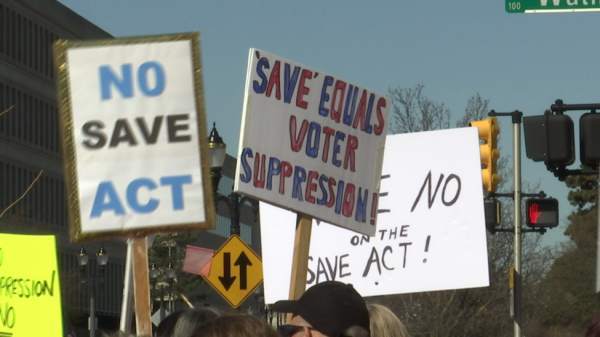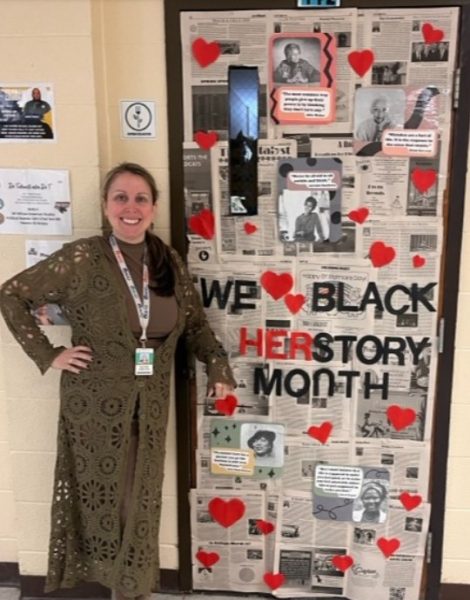Indian Child Welfare Act

The Indian Child Welfare Act or ICWA is piece of legislation that seeks to correct centuries of
forced removal of Native children which has been a key tool in Indigenous genocide. During the
Residential school era, the federal government forcefully and coercively removed Native
children from their families to assimilate into white culture and erase Indigenous identity. From
1958 to 1967 the federal government enacted the Indian Adoption Project with the explicit goal
of adopting Native children out to white families. Approximately 80% of native families living on
reservations had lost at least one child to the foster care system. In 1978 championed by Native
advocates, ICWA was passed. ICWA respects the inherent sovereign right of tribes to determine
the outcomes of their children and prioritizes placements with Native foster homes and with
family.
On November 9th, 2022, the Haaland v. Brackeen case was heard in Texas. The plaintiff’s
declared that ICWA (Indian Child Welfare Act) was unconstitutional on the basis of reverse
racism. In June 2016, a 10 year old Navajo boy was placed with the Brackeens. Under the
assistance of the ICWA, the Navajo Nation stepped in and sought to place the child with a
Navajo family. After failing to adopt his sister, they filed a lawsuit in federal court to overturn
ICWA. They’re being represented pro bono by Gibson Dunn, a law firm with a record of
Anti-Indigenous cases and who represented the pipeline company behind the Dakota Access
Pipeline Energy Transfer. Native people are on the front lines of combatting the climate crisis
and in the US tribes pose a significant barrier to oil and gas extraction by asserting Tribal
Sovereignty. The Standing Rock Movement in 2016 disrupted the oil industry costing energy
transfer 7.5 billion dollars. Only 7 months after the Standing Rock camps were shut down,
Gibson Dunn filed the Brackeen’s case and federal for free.

Mara Brunetti, a 12th grade student states, “Indigenous peoples are leaders in preventing
climate change. For centuries they have held a respectful relationship with the earth and given
as much as they take. There’s a lot to learn from them in that aspect. Also in the way they lead
their relationships within the tribe. I think over time they’ll continue to make a lot of valuable
changes in the us and I hope over time the US will grow to have a better relationship with the
tribes. I think if they would like to stay within their own communities they should, I understand
the desire to do so given years of mistreatment and abuse by other groups. however, i don’t
believe they should be MADE to stay within their tribes..”
Maryam Aamir, president of student council states, “The indigenous people are treated is the
beginning or the root for a lot of other discrimination within our society. not understanding and
accepting others cultures and way of living is what previously caused colonialism, forced
assimilation, and a reason for racism today even. The fact that there is such open hate towards
the Indigenous group shows that our society hasn’t moved on from the same mindset from
hundreds of years ago, They protect most of the world’s remaining biodiversity. while also
holding vital ancestral knowledge and expertise on how to adapt, mitigate, and reduce climate
and disaster risks, If those children are able to stay within their own tribes it will help maintain
those tribes and societies in the current state of endangerment. don’t take kids away from the
culture and their people unless their is a must/need to – especially if they don’t want to. in that
case with no remaining native families then other people may adopt and share their love for the
kid.”
If ICWA is overturned it will weaken the rights and federal protection for tribes also called Tribal
Sovereignty. It paves a path to eliminate tribes and Indigenous people’s political status as
nations. How you can help is following people on social media who speak on ICWA to be
informed further, specifically Indigenous creators. You can also visit nicwa.org for more
information.

Mel is a senior, and this is her first year in journalism. After high school, Mel wants to be a movie director. Also, in her spare time, Mel loves to write...


